10 Subtle Behaviors That Ruin Thanksgiving Without People Realizing It
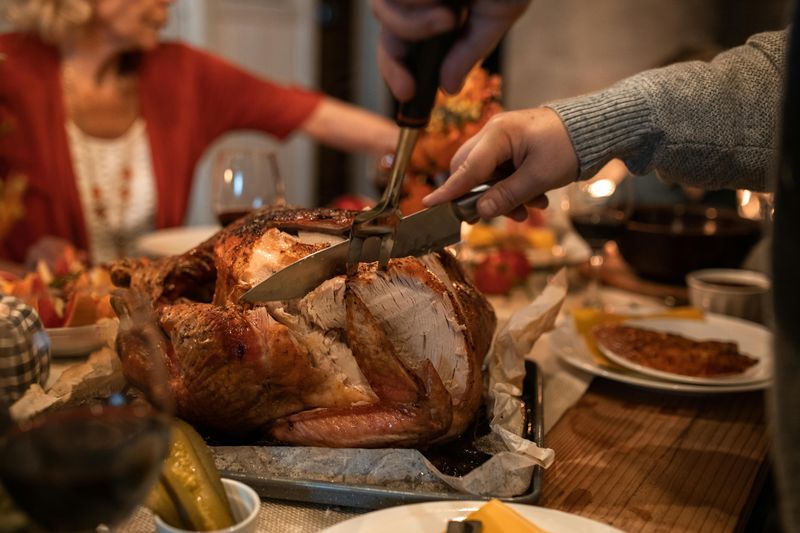
Thanksgiving is meant to be a warm, joyful celebration filled with gratitude, good food, and quality time with loved ones. But sometimes, small actions—done without bad intentions—can quietly chip away at the holiday spirit. Most people don’t even realize they’re doing these things, yet they can create stress, awkwardness, or tension that lingers long after dessert is served.
1. Using Your Phone at the Table

Checking a phone during Thanksgiving seems harmless, but it immediately signals that the people around you aren’t your main focus. Even a quick glance interrupts the natural flow of conversation and makes others feel secondary.
As screens appear more often, the group’s energy subtly shifts. Guests pick up on the distraction, and the sense of shared presence fades. Conversations become shorter, and the moment feels less connected.
By the end of the meal, the gathering loses some of its warmth. Etiquette experts note that phones quietly undermine togetherness, turning a family-centered celebration into a half-present experience.
2. Showing Up Late Without Notice

Arriving late disrupts far more than most guests realize. Thanksgiving meals rely on careful timing, from oven rotations to the moment dishes reach the table. When someone is behind schedule, the host’s rhythm falls apart.
As food waits or overcooks, stress builds. Other guests may feel unsure whether to hold off or start without the late arrival. What should feel festive slowly becomes strained or awkward.
Even a brief delay affects the entire meal’s flow. A simple message ahead of time preserves the host’s plans, keeps the atmosphere relaxed, and prevents tension from overshadowing the celebration.
3. Bringing an Unannounced Guest or Surprise Dish

Unexpected additions can overwhelm a host instantly. Seating, portions, and timing are usually planned with care, so one extra person shifts everything from table arrangements to food totals.
Surprise dishes add another layer of pressure. Kitchens are typically at capacity on Thanksgiving, and anything requiring reheating or prep disrupts the flow. Instead of enjoying the moment, the host scrambles to adjust.
Most etiquette research shows hosts simply want predictability. When communication is clear, the day feels smooth and enjoyable. When surprises appear at the door, stress replaces ease and the gathering becomes harder to manage.
4. Criticizing the Food or Seasoning Before Tasting
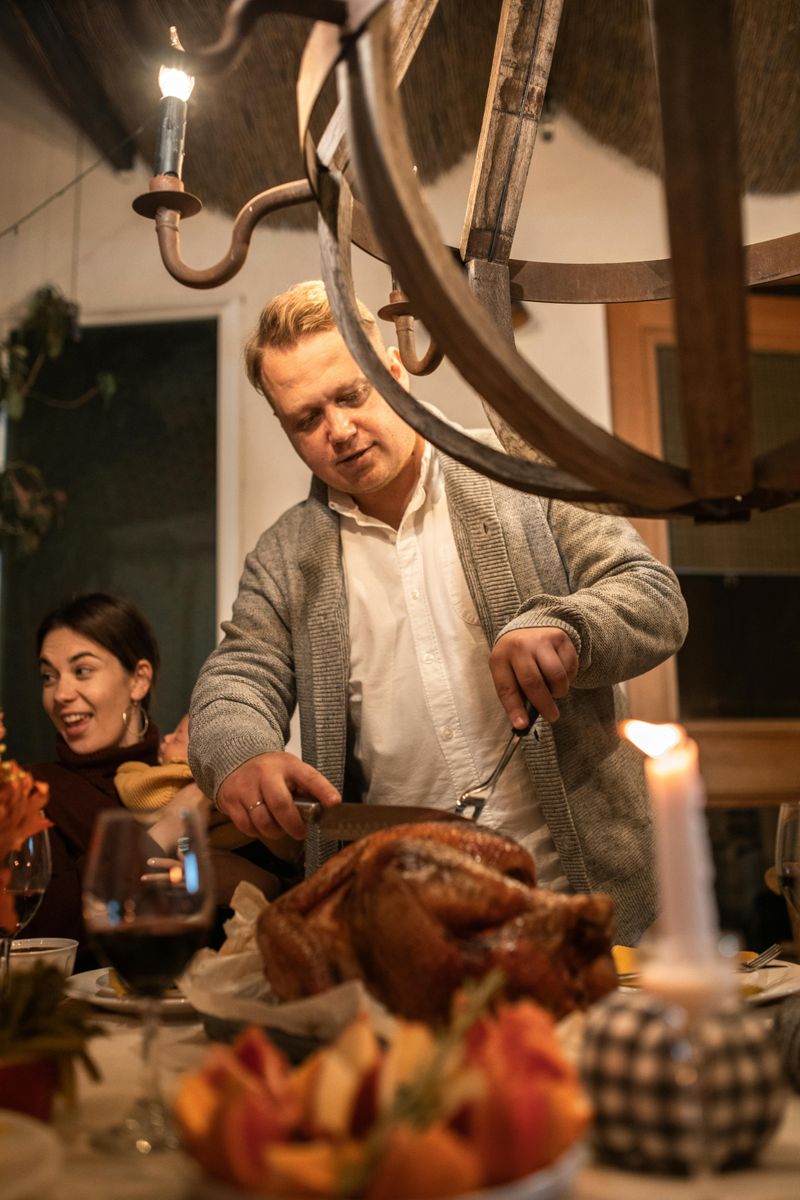
Negative comments about the meal land harder than people expect. Thanksgiving dishes often require significant planning and effort, so early critiques or immediate salting before tasting can feel dismissive.
These small gestures can quiet the table quickly. Guests become unsure how to respond, and the cook may withdraw or feel discouraged. What should be a warm moment turns unexpectedly uncomfortable.
Food etiquette experts emphasize appreciation over perfection. A meal prepared with care deserves openness before judgment, and a bit of mindfulness helps preserve the gratitude and connection that make Thanksgiving special.
5. Starting Political or Controversial Conversations

Holiday gatherings rely on a delicate atmosphere, and introducing polarizing topics disrupts that balance quickly. What starts as a simple comment can ignite tension before anyone realizes it.
Even mild disagreements can shift the tone, creating subtle discomfort that spreads across the table and affects the entire group. As emotions rise, guests slip into defensive positions. Conversations break apart, people withdraw, and the easy, relaxed mood disappears.
The meal becomes less about connection and more about avoiding conflict or choosing sides. Research on family dynamics shows that light, inclusive topics foster harmony. Keeping heated discussions for another day preserves Thanksgiving’s spirit.
6. Hovering or Micromanaging the Host in the Kitchen
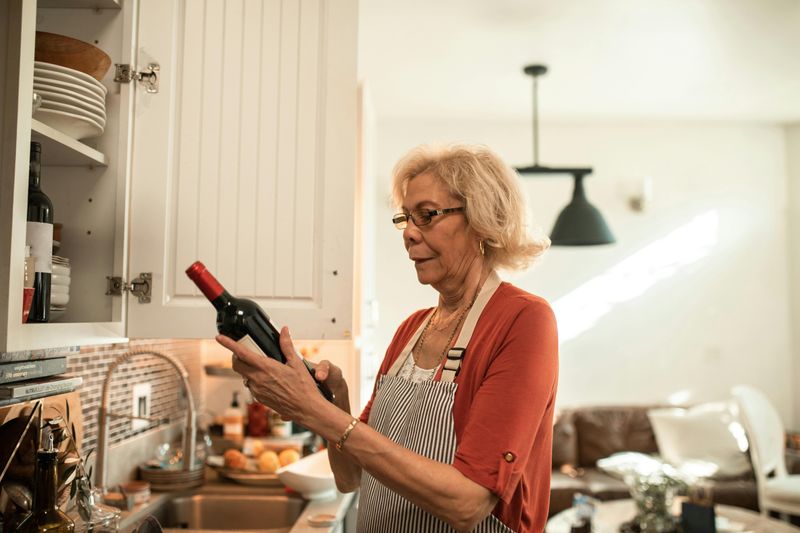
Many guests don’t realize how disruptive hovering can be. Thanksgiving kitchens usually operate on a tight schedule, and constant suggestions or adjustments—no matter how well-meant—throw off the host’s rhythm. What feels helpful often creates more pressure.
As the interruptions accumulate, the host may struggle to stay organized. Timing changes, ingredients get misplaced, and the mental load grows heavier. Instead of feeling supported, the host ends up juggling extra conversations and corrections.
Most etiquette experts agree that stepping back shows the greatest respect. Offering help once and then giving the cook space keeps the environment calm and allows the meal to unfold smoothly.
7. Bringing a Dish That Requires Major Prep or Oven Space
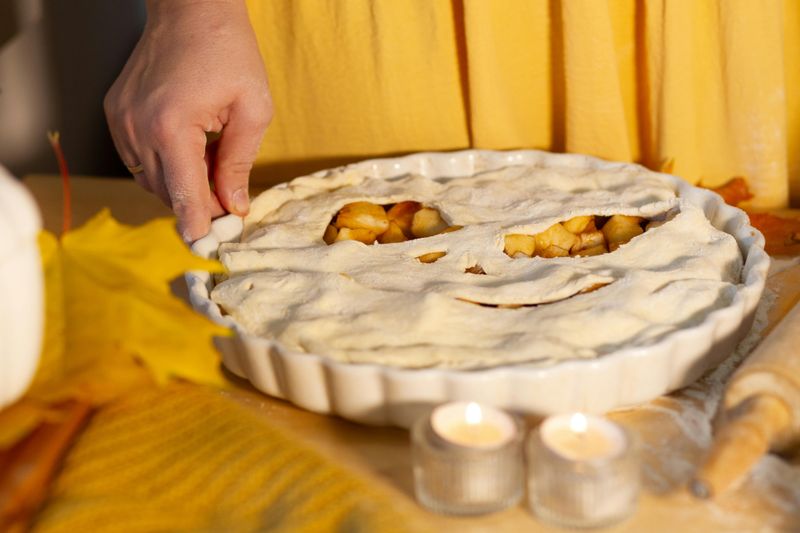
Guests often underestimate how limited Thanksgiving kitchen space truly is. When someone arrives with a dish needing reheating, baking, or intensive prep, it disrupts the host’s careful timing and equipment planning. Suddenly the oven queue becomes overcrowded.
As the host tries to fit the spontaneous dish into the schedule, other foods may cool too quickly or wait longer than intended. Even a helpful contribution becomes a logistical hurdle, creating unnecessary stress right when everything should be coming together.
Most holiday guides stress communication ahead of time. Checking with the host ensures that your dish complements the meal instead of complicating the process.
8. Arriving Too Early
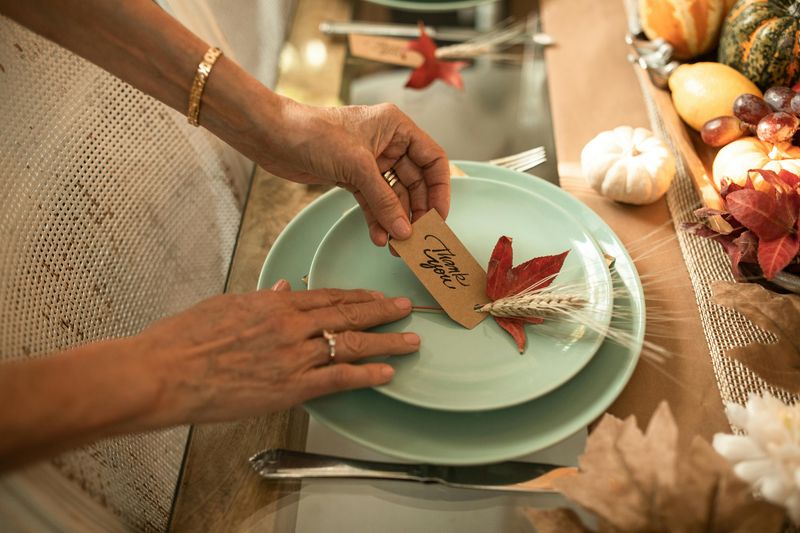
Showing up well before the agreed time creates challenges many guests don’t consider. Hosts are often in their final prep stages, juggling cooking, cleaning, and organizing. Early arrivals interrupt that flow and make it harder for them to finish comfortably.
Once the guest enters, the host must shift attention away from preparations. Small conversations, drink requests, and general hospitality pull focus, slowing the remaining tasks and adding unnecessary tension. The welcoming moment becomes rushed instead of warm.
Most etiquette resources recommend timing your arrival carefully. Coming at the scheduled moment allows the host to greet you with ease and sets a relaxed tone for the entire celebration.
9. Treating the Meal Like a Critique Instead of a Gathering

Some guests fall into the habit of evaluating dishes, textures, or portions the moment they sit down. Even small observations—photo-taking delays, hesitant bites, or picky reactions—create a sense that the meal is being judged rather than enjoyed.
As this mindset spreads, others feel pressured to comment or defend what’s served. The spotlight shifts from gratitude and connection to performance and comparison. What should feel comforting becomes subtly competitive or strained.
Etiquette professionals emphasize focusing on the experience, not the appraisal. Appreciation and genuine presence make the table warmer, helping the celebration feel heartfelt instead of scrutinized.
10. Not Communicating Dietary Restrictions Ahead of Time

Last-minute food requests place unexpected weight on the host. When dietary needs surface only on the day of the meal, the host must scramble to adjust recipes, rearrange dishes, or prepare alternatives with little warning.
As the host makes these rapid changes, other parts of the meal may suffer. Timing becomes harder to manage, ingredients run short, and the overall flow gets disrupted. What should be a smooth, celebratory process becomes unnecessarily complicated.
Studies on hosting stress show that early communication solves nearly everything. Sharing restrictions in advance allows thoughtful planning, making the meal inclusive without creating tension.

Comments
Loading…